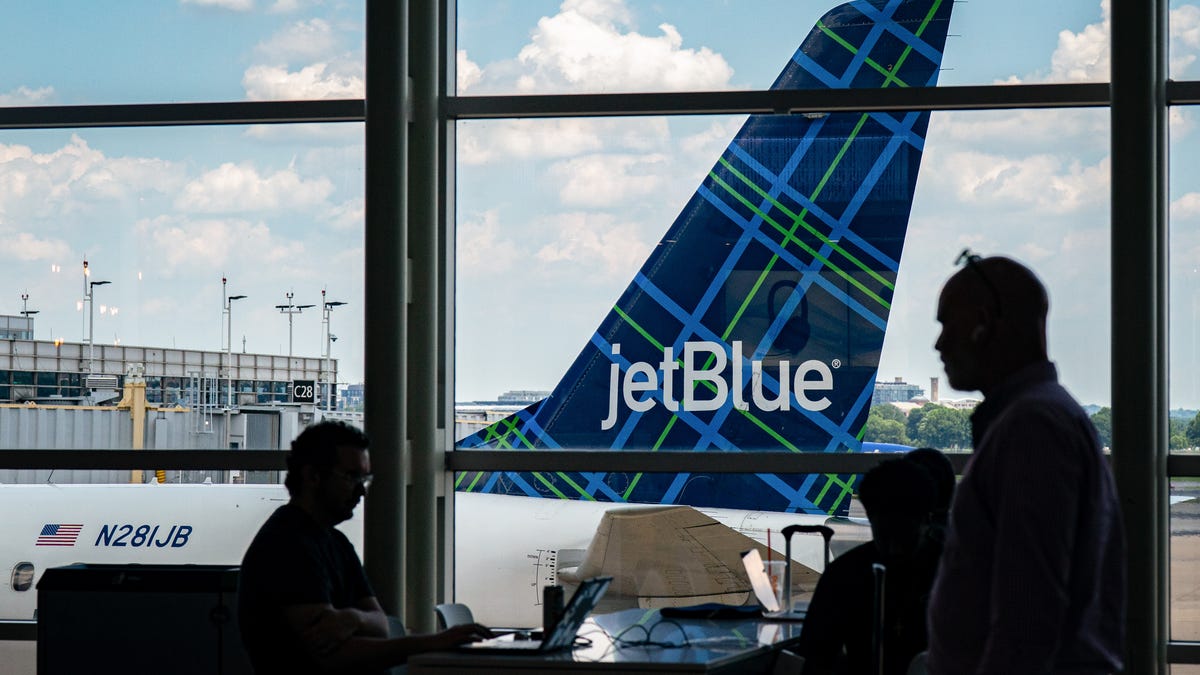UK Joins Mexico, US, Estonia, and Nigeria in Raising Immigration and Travel Fees, Posing New Challenges for Recruitment, Business Operations, and Tourism

Published on
October 24, 2025

UK joins Mexico, US, Estonia, and Nigeria in raising immigration and travel fees, a move that is creating new challenges for recruitment, business operations, and international tourism. These fee hikes reflect a broader global trend of increasing immigration costs, directly impacting employers, universities, and travelers who rely on swift immigration decisions. As governments across the world adjust their immigration policies to address administrative costs, businesses and educational institutions now face higher operational expenses, and tourists may be deterred by the rising costs of visas and travel authorizations.
The UK’s recent hike in expedited immigration fees marks a significant shift in global immigration trends, joining a growing list of countries—Mexico, Estonia, the US, and Nigeria—that have all raised immigration-related costs. This wave of fee increases is setting a new standard for businesses, universities, and international travelers who rely on fast-track services for their operations. In this article, we delve into the specifics of the UK’s new fee increases, the broader global context, and how these hikes will affect various sectors.
Understanding the UK’s New Immigration Fees
Starting October 21, 2025, the UK Home Office increased its fees for expedited immigration services, specifically targeting the fast-tracking of sponsorship requests and priority license processing. These services, which were already considered essential for quick immigration decision-making, now come at a significantly higher cost.
The Key Fee Changes:
- Expedited Processing for Sponsorship Management Requests: The fee for this service jumped by 75%, rising from £200 to £350. This fee applies to Worker, Temporary Worker, and Student Sponsor categories.
- Priority Service for Sponsor Licence Applications: This service, which expedites the process of obtaining a sponsor license, now costs £750, up from £500, marking a 50% increase.
These fee hikes represent just a fraction of the broader trend of rising immigration costs, particularly for services that promise faster processing times. While they may not always make headlines, these increases have a significant impact on organizations that rely on quick turnaround times for hiring international workers or ensuring student enrolments.
What Is Expedited Processing and Why Is It Important?
Expedited processing is essentially the UK immigration system’s version of a “fast lane.” It enables sponsors—whether businesses, educational institutions, or other licensed bodies—to speed up their immigration applications and get decisions within days instead of weeks.
- Why Sponsors Use Expedited Processing:
- Urgent Hiring Needs: Employers often need to fill critical positions quickly, and expedited processing helps speed up this process.
- Avoiding Business Disruption: Companies may require rapid updates to sponsorship permissions to ensure compliance and minimize disruptions.
- International Student Enrolments: For universities, expedited processing is crucial to ensure international students can enrol before the start of an academic term.
For sponsors, this service offers a vital advantage: reducing delays, particularly when time-sensitive issues arise. However, with the new fee increases, sponsors may need to reassess whether paying extra for speed is worth the cost.
Why Is the UK Increasing Immigration Fees?
The fee hikes are part of a broader trend that has been unfolding over the past few years. The UK government has raised fees across most immigration categories, from student visas to skilled worker visas and immigration health surcharges. The official justification for these increases often revolves around covering the growing costs of public services and ensuring that the immigration system remains sustainable in the long term.
For organizations that depend on international talent or students, this means higher operating expenses. Universities and businesses will likely need to adjust their budgets, especially if they frequently rely on expedited immigration services.
The Global Context: Rising Immigration Costs
The UK is not alone in raising immigration fees. Several countries around the world have made similar adjustments, reflecting a global trend of rising immigration costs. Let’s take a look at some notable examples:
United States
In 2025, the US implemented a series of significant fee increases under the “One Big Beautiful Bill Act” (H.R.1):
- H-1B Visa Application Fee: The fee for new applicants has been increased to $100,000 from around $1,500 for applications filed between September 21, 2025, and September 21, 2026.
- Visa Integrity Fee: A new $250 fee was introduced for non-immigrant visa applicants, effective from October 1, 2025.
- ESTA Fee: The Electronic System for Travel Authorization (ESTA) fee for travelers from Visa Waiver Program countries increased from $21 to $40.
These fee hikes, particularly the steep increase in the H-1B visa application fee, are a reflection of the growing administrative costs associated with the US immigration system. The new charges are expected to put additional pressure on businesses, universities, and other organizations that rely on foreign talent and students.
Mexico
Mexico’s recent approval of a new immigration charge has further amplified the global trend. Effective in 2025, the Senate introduced a $42 per person immigration fee for cruise ship passengers making port calls, a measure designed to boost revenue for the country’s immigration services. The country also increased airport immigration charges and entry fees for nature reserves, further raising costs for international travelers.
These changes impact both tourism and business travel, as Mexico is a top destination for leisure travelers and corporate events.
Nigeria
On September 1, 2025, Nigeria introduced significant increases in passport fees:
- The cost for a 5-year, 32-page passport rose from ₦50,000 to ₦100,000.
- The 10-year, 64-page passport fee doubled, from ₦100,000 to ₦200,000.
This doubling of passport fees affects both Nigerian nationals and travelers seeking visas for business and educational purposes. The increases are seen as part of a wider attempt to bolster the country’s revenue.
Estonia
In 2025, Estonia implemented steep hikes in immigration fees, with some permit costs rising by nearly 300%. This change followed the government’s approval of a bill aimed at addressing the country’s budgetary deficit. As a result, businesses and individuals who rely on Estonia’s immigration system may face higher costs in obtaining work and residence permits.
How These Fee Increases Impact Businesses and Universities
For businesses and universities, rising immigration fees have a direct impact on their ability to operate efficiently and remain competitive in the global marketplace.
- Business Impacts: Many organizations, particularly those in technology, healthcare, and academia, rely on foreign talent to fill critical roles. These fee hikes create additional barriers for employers trying to hire workers from abroad. Increased costs may force businesses to adjust their hiring strategies or even scale back their recruitment of international candidates.
- Educational Institutions: Universities that rely on international students for enrollment face similar challenges. With higher fees for sponsor licenses and expedited processing, institutions may need to adjust their budgets or increase tuition to offset the rising costs of maintaining compliance with immigration regulations.
Travel and Tourism: The Ripple Effect
As immigration fees rise, international travel is also affected. For travelers—whether for business, leisure, or education—the cost of obtaining visas and travel authorizations has become more expensive. Countries like the US, UK, and Mexico are major tourism hubs, and these fee hikes could deter some travelers or reduce the frequency of international trips.
For example:
- International Visitors: With higher visa fees, tourists may be less inclined to visit countries like the UK, the US, or Mexico, particularly if they need to apply for multiple visas.
- Business Travelers: Increased costs for work visas and expedited processing can make international business travel more expensive. Companies may be forced to reduce travel budgets or delay important trips due to longer processing times and higher fees.
As immigration fees rise across multiple countries, businesses, universities, and international travelers face a growing financial burden. While expedited processing remains an essential service for those needing swift decisions, the higher costs may lead sponsors and applicants to rethink their budgets and strategies.
UK has joined Mexico, the US, Estonia, and Nigeria in raising immigration and travel fees, creating significant hurdles for recruitment, business operations, and tourism. These increases reflect a global trend aimed at addressing growing administrative costs, directly affecting international movement and operations.
This global trend signals a shift in how immigration systems are funded and the increasing costs associated with international movement. Employers, educational institutions, and travelers alike will need to plan carefully for the rising costs of immigration services and adjust their expectations accordingly. Whether these fee hikes will continue to increase over the coming years remains to be seen, but for now, businesses and travelers must prepare for a new era of more expensive global mobility.
link







